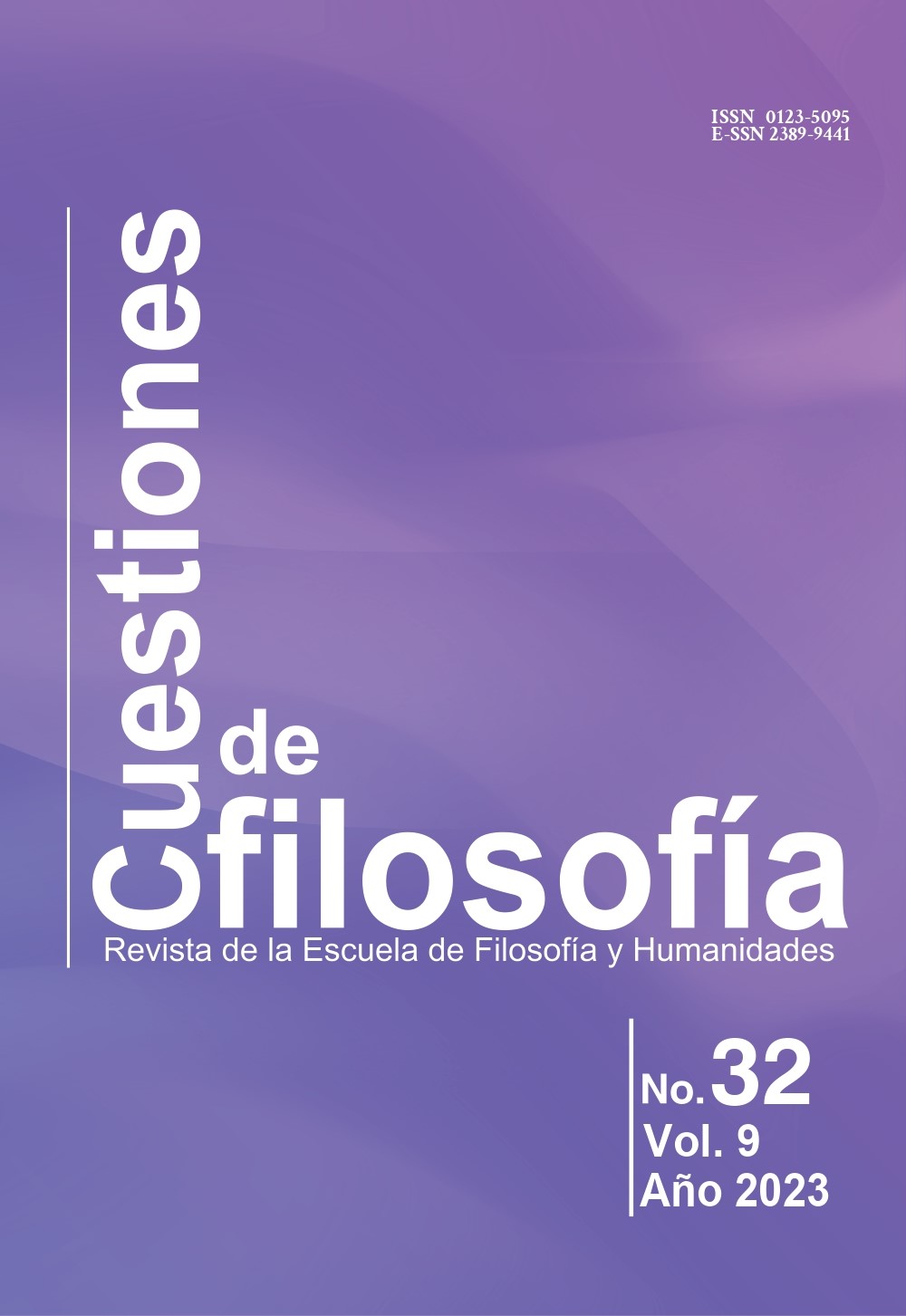Determinismo, psicología y moral en las fuentes de William James

Abstract
By the second half of the 19th century a strong positivist attitude shaped a deterministic world. The scientific method seemed to demand a causal continuity in all dimensions of phenomena, which came into tension with everything related to the motivational and volitional structure of the subject. William James intervenes in the debate, takes into account various aspects of the problem and brings into play his reading of English psychologists (Mill, Bain y Spencer) and Renouvier. We will give an account of the vital consequences that the problem of determinism has for the American thinker. The sense in which English psychologists are determinists and how Renouvier opposes them. And also the way in which James appropriates the French's arguments, making them operate at different levels in his psychological and philosophical reflection.
Keywords
William James, psychology, 19th century, determinism, will
References
- Bain, A. (1859). Emotions and Will. London: John W. Parker and Son, West Strand.
- Bourget, P. (2008). Renan. El diletantismo. Baudelaire y otros estudios críticos (pp.123-140). (S. Sanchez, Trad.). Córdoba: Ediciones del Copista.
- Burgwinkle, W. (Ed). (2011). The Cambridge History of French Literature. Cambridge: Cambridge University Press.
- Clair, A. (2000). Métaphysique et existence: essai sur la philosophie de Jules Lequier. Paris: Librairie philosophique J. Vrin.
- Croce, J. P. (2009). A Mannered Memory And Teachable Moment: William James And The French Correspondent In The Varieties. William James Studies, 4(1), pp. 36-69.
- Double, R. (1991). The Non-reality of Free Will, Oxford University Press, Oxford.
- Dunham, J. (2019). Idealism, Pragmatism, and the Will to Believe: Charles Renouvier and William James. British Journal for the History of Philosophy, 23(4), pp. 1-23.
- Feinstein, H. M. (1984). La formación de William James (J. Piatigorsky Trad.). Argentina: Paidós.
- James, W. (1918). The Principles of Psychology, New York: Henry Holt ed.
- James, W. (1920). The Letters of William James. Boston: The Atlantic Monthly Press, V. 1.
- James, W. (1987). Essays, Comments and Reviews, Cambridge Massachusetts: Harvard University Press.
- James, W. (2009). La voluntad de creer (R.V. Vernis Trad.). Barcelona: Marbot.
- Mill, J. S. (1882). A System of Logic, Ratiocinative And Inductive. New York: Harper & Brothers Publishers.
- Murphy, N. and Brown, W. (2007). Did My Neurons Make Me Do It? Philosophical and Neurobiological Perspectives on Moral Responsibility and Free Will, Oxford University Press, Oxford.
- Pereboom, D. (2001). Living Without Free Will, Cambridge University Press, Cambridge.
- Perry, B. R. (1954). The Thought and Character of William James. London: Oxford Press. V I.
- Pizer, D. (Ed). (2006). The Cambridge Companion to American Realism and Naturalism. Cambridge: Cambridge University Press.
- Putnam, H. (1994). Words and Life. Cambridge: Harvard University Press.
- Renouvier, Ch. (1875). Deuxième Essai. Essais de critique générale (pp. 351-374). Paris: Bureau de la Critique Philosophique, V 1.
- Smilansky, S. (2002). Free Will and Illusion, Clarendon Press, London.
- Smith, R. (2016). Free Will and the Human Sciences in Britain, 1870-1910. Pittsburgh: Pittsburgh Press.
- Sorensen, D. R. (2013). Introduction. Thomas Carlyle, On Heroes, Hero-Worship, and the Heroic in History (pp. 1-17). London: Yale Press.
- Spencer, H. (1855). Principles of Psychologies. London: Longman, Brown, Green, and Longmans.
- Spencer, H. (1881). Progress its Law and Cause. New York: Fitzgerald Publisher.
- Spencer, H. (Sin referencia). First Principles. London: Watts and CO.
- Viney, D. W. (1997). William James on Free Will: The French Connection. History of Philosophy Quarterly, 14, (1), pp. 29-52.
- Wegner, D. (2002). The Illusion of Conscious Will, Cambridge: The MIT Press.
